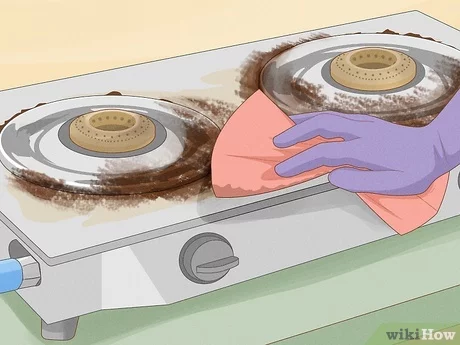How to Deal With an Abusive Friend

Introduction:
Friendship is a valuable experience in life where we learn to trust, support, and care for one another. However, sometimes we can find ourselves in a situation with a friend who is abusive. Even as difficult as it may be to accept, it’s crucial to take stock of the situation and deal with an abusive friend head-on. Here’s how you can handle such situations effectively.
1. Recognize the signs of abuse:
Before you can decide how to tackle the problem, you need to ensure that your friend is indeed being abusive. Some red flags to look out for include excessive control, manipulation, constant criticism or put-downs, relentless anger or jealousy, and unprovoked aggression. Take note of these signs and trust your instincts when feeling that something isn’t right.
2. Set boundaries:
Establishing boundaries is crucial when dealing with an abusive friend. Clearly communicate what behaviors are unacceptable and that you won’t tolerate them any longer. Be firm in maintaining these boundaries and don’t allow the abusive friend to overstep them.
3. Seek support from others:
Don’t suffer alone—reach out to other friends or family members who understand your situation and can offer emotional support. They may also be able to provide insight and guidance as you navigate this difficult time.
4. Implement self-care practices:
Dealing with an abusive friend can take a toll on your mental health, so prioritize self-care by engaging in activities that help relieve stress, promote relaxation, or bring joy. These could include exercise, meditation, indulging in hobbies, seeking therapy, or spending time with positive individuals.
5. Communicate with the abusive friend:
It’s essential to address the issue head-on by having an honest conversation with the abusive friend about their behavior and its impact on you. Be assertive when expressing your feelings but avoid becoming hostile or aggressive as it might exacerbate the situation.
6. Be prepared for change:
It’s crucial to accept that your relationship with your friend may change following confrontation or boundary-setting. They may be unwilling to accept responsibility, and the friendship might come to an end. While this is unfortunate, remember that you deserve relationships rooted in respect and care—not abuse.
7. Seek professional help (if needed):
If you find it difficult to manage the situation on your own, consider seeking assistance from a professional counselor or therapist who can help you navigate the complexities of dealing with an abusive friend.
Conclusion:
Dealing with an abusive friend is challenging and emotionally draining. However, by recognizing the signs early and taking proactive steps, you can protect your well-being and maintain respectful relationships. Remember that your self-respect is paramount, and you have the right to defend it when faced with abuse from others, even in a friendship.


